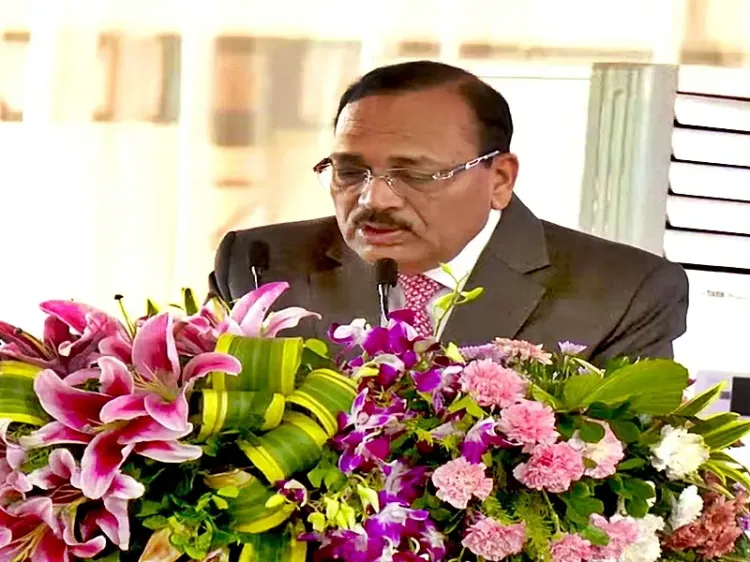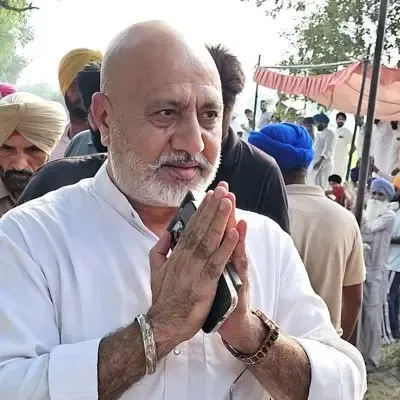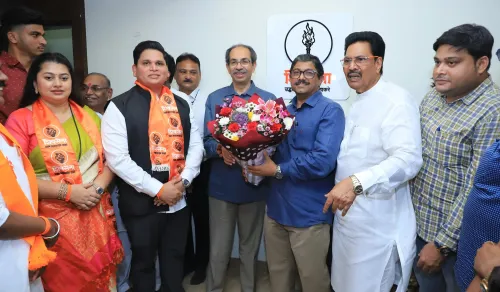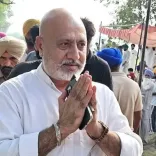Will CJI-designate Justice Surya Kant Address the 5 Crore Case Backlog?

Synopsis
Key Takeaways
- Justice Surya Kant prioritizes reducing a backlog exceeding 5 crore cases.
- Plans to promote mediation to alleviate court burdens.
- Immediate engagement with High Courts to tackle pending case issues.
- Formation of Constitution Benches to address significant cases.
- Arrears committees established to expedite long-pending cases.
New Delhi, Nov 22 (NationPress) - As he prepares to take the oath as the 53rd Chief Justice of India on Monday, Justice Surya Kant has declared that his foremost objective is to alleviate the backlog of court cases, with an emphasis on advancing mediation practices.
In a discussion with reporters, the CJI-designate remarked: “We will focus on strategies to diminish the pending cases in the Supreme Court and within courts nationwide.”
He expressed intentions to engage with all High Courts across India immediately after assuming office to pinpoint and tackle the issues hindering hearings in lower courts.
Justice Surya Kant, aged 63, noted that since the government often stands as the largest party (plaintiff), efforts will be directed at addressing this situation as well.
He mentioned plans to establish Constitution Benches comprising five, seven, and nine judges in the upcoming weeks to deliberate on significant cases that have lingered for a long duration.
“Effective mediation will also be a key tool to alleviate the strain of millions of cases,” he asserted.
“Mediation can be significantly promoted to ease the litigation burden between state governments and between the Central government and state governments, with a strong emphasis on community mediation. It is essential to foster a favorable environment for this,” he elaborated.
When questioned about the potential for utilizing AI to manage the backlog of cases, Justice Surya Kant acknowledged the existence of numerous challenges.
“While AI presents certain advantages, it also raises concerns. It could be applicable in procedural matters, but individuals prefer their cases to be adjudicated by a judge,” he stated.
According to official statistics as of July 21, the Indian judiciary is grappling with an overwhelming total of 5.29 crore pending cases, as reported by the National Judicial Data Grid (NJDG).
Of these, a staggering 4.65 crore cases are pending in district and subordinate courts, with 63.30 lakh cases in High Courts and 86,742 cases in the Supreme Court, the data revealed.
Alongside the growing case backlog, district and subordinate courts seem to be struggling to operate at full capacity.
The Department of Justice reported that out of a sanctioned strength of 25,843 judicial officers as of July 21, 2015, the lower courts are currently functioning with a mere 21,122.
To mitigate the backlog, arrears committees have been established in all 25 High Courts to expedite cases pending for more than five years, and similar committees have now been formed in District Courts as well, as per the Law and Justice Ministry.









